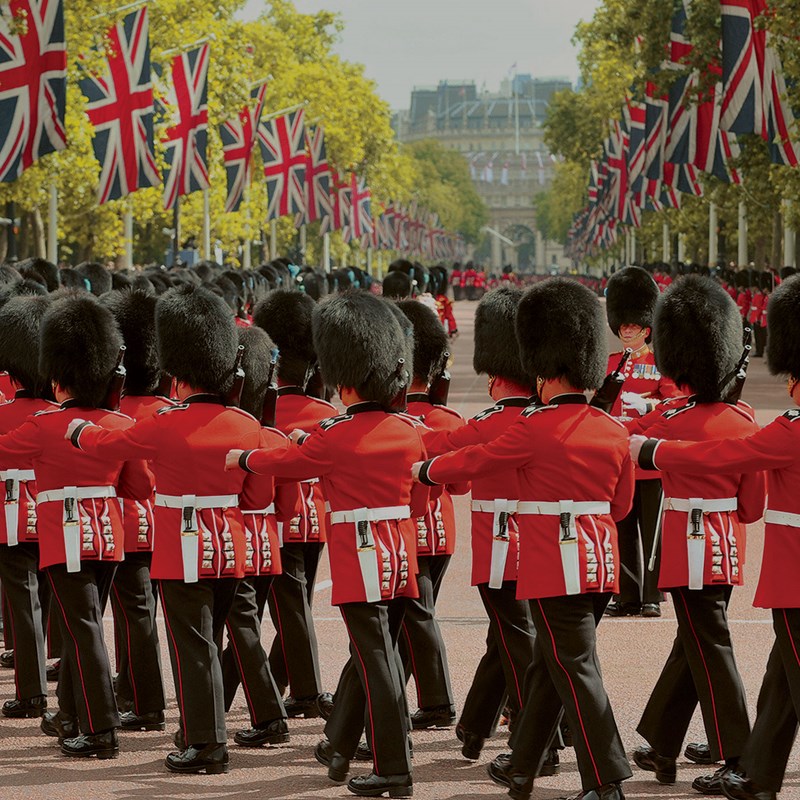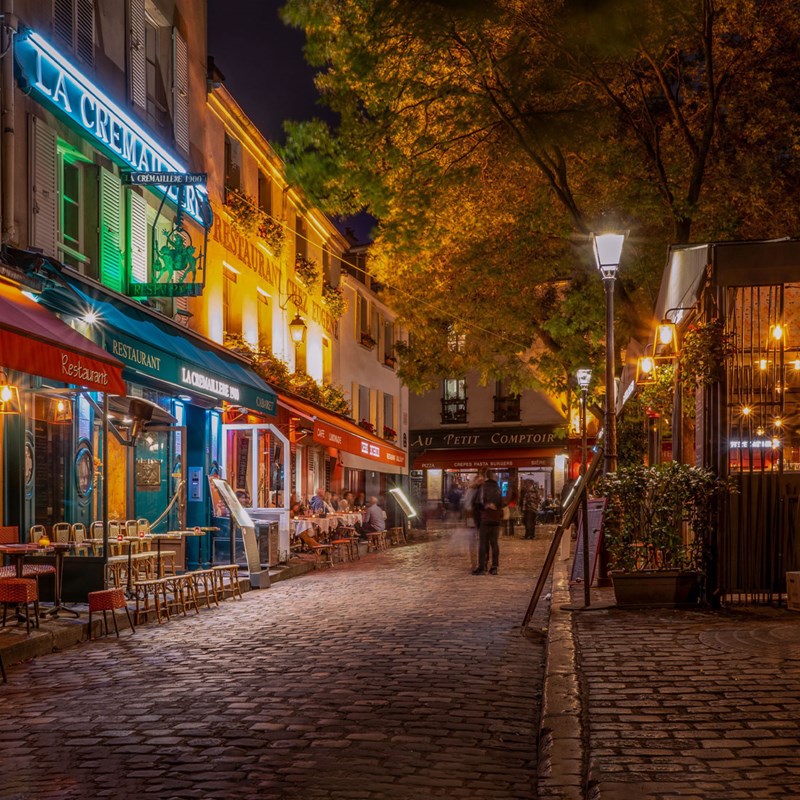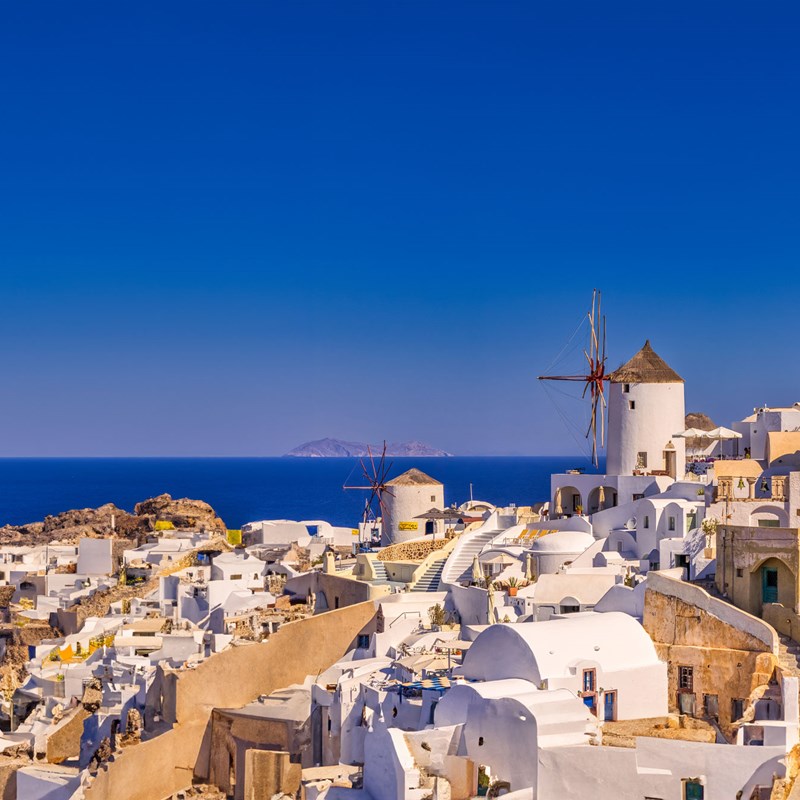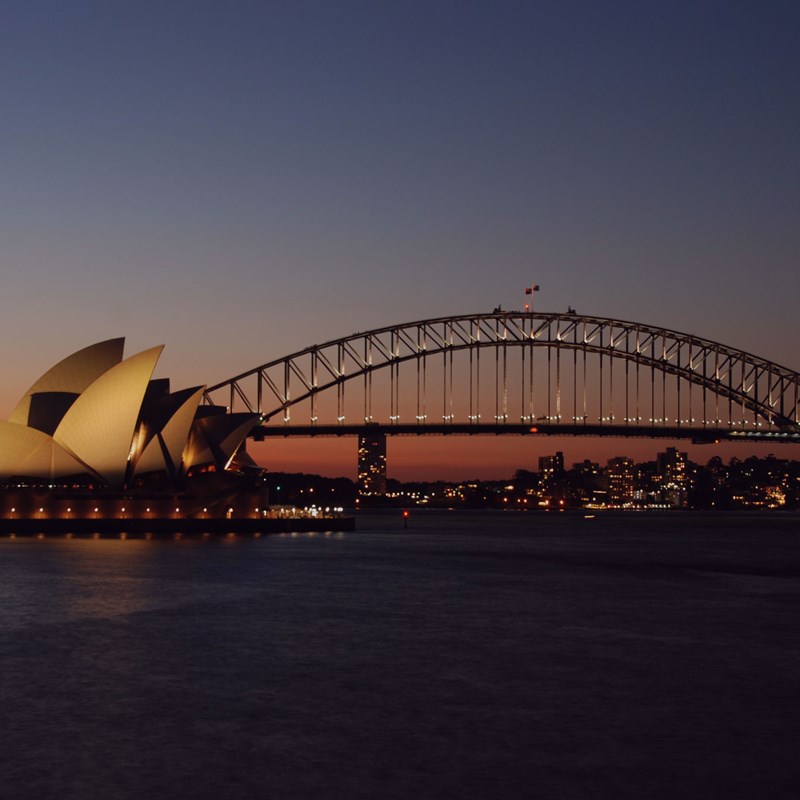The History and Tradition
of German Beer

Ask any beer connoisseur what country they consider to be the beer capital of the world. Germany is likely at or near the top of the list.
Germany produces over five thousand different types of beer and exports 1.5 billion liters. Approximately 7 million liters of beer are consumed during Oktoberfest alone. But what makes German beer so unique? It all started about 500 years ago.
To understand the important event 500 years ago, let’s go back even further. Germans were brewing beer as far back as the 10th century using a mixture of herbs called gruit. Brewing was considered to be a woman’s responsibility, along with baking bread. Often, women from a number of different families would share a space for brewing and baking.
These shared breweries were often taxed by the holder of the gruit rights, which essentially conferred local monopolies on the sale of gruit. Hops were forbidden in brewing at the time. Because they were less expensive than gruit ingredients, hops would undercut these gruit monopolies.
Monks were also extremely influential in German brewing. During the 12th and 13th centuries, hundreds of monasteries were researching and honing the craft of brewing, and monks eventually began to sell their beer.
Then, in 1516—about 500 years ago—the Duke of Bavaria signed the Reinheitsgebot, or Beer Purity Law, which decreed that only three ingredients could be used to brew pure beer: water, barley malt, and hops—which had gradually won out over gruit. Yeast eventually became a fourth allowed ingredient under the law, which was intended to ensure quality beer and reasonable prices, while also protecting the wheat that was needed for bread-making.
Since the late-1980s, the law’s influence has diminished slightly, with court rulings loosening the restrictions on what can be labeled as “beer.” However, many German brewers still adhere to the law, considering the “pure” label to be a badge of honor and a selling point. While some people see it as an outdated restriction, Reinheitsgebot is certainly a fascinating case as one of the first consumer protection laws in history.
No matter which side you’re on, next time you open an ice-cold German beer, know that there are a thousand years of history inside the bottle.




















